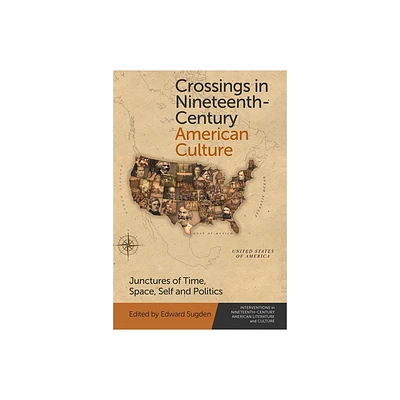Home
Stories with a Moral: Literature and Society in Nineteenth-Century Georgia
Loading Inventory...
Barnes and Noble
Stories with a Moral: Literature and Society in Nineteenth-Century Georgia
Current price: $54.95


Barnes and Noble
Stories with a Moral: Literature and Society in Nineteenth-Century Georgia
Current price: $54.95
Loading Inventory...
Size: OS
*Product Information may vary - to confirm product availability, pricing, and additional information please contact Barnes and Noble
Stories with a Moral
is the first comprehensive study of the effects of plantation society on literature and the influences of literature on social practices in nineteenth-century Georgia. During the years of frontier settlement, the Civil War, and Reconstruction, Georgia authors voiced their support for the slave system, the planter class, and the ideals of the Confederacy, presenting a humorous, passionate, and at times tragic view of a rapidly changing world. Michael E. Price examines works of fiction, travel accounts, diaries, and personal letters in this thorough survey of King Cotton's literary influence, showing how Georgia authors romanticized agrarian themes to present an appealing image of plantation economy and social structure.
focuses on the importance of literature as a mode of ideological communication. Even more significant, the book shows how the writing of one century shaped the development of social practices and beliefs that persist, in legend and memory, to this day.
is the first comprehensive study of the effects of plantation society on literature and the influences of literature on social practices in nineteenth-century Georgia. During the years of frontier settlement, the Civil War, and Reconstruction, Georgia authors voiced their support for the slave system, the planter class, and the ideals of the Confederacy, presenting a humorous, passionate, and at times tragic view of a rapidly changing world. Michael E. Price examines works of fiction, travel accounts, diaries, and personal letters in this thorough survey of King Cotton's literary influence, showing how Georgia authors romanticized agrarian themes to present an appealing image of plantation economy and social structure.
focuses on the importance of literature as a mode of ideological communication. Even more significant, the book shows how the writing of one century shaped the development of social practices and beliefs that persist, in legend and memory, to this day.


















